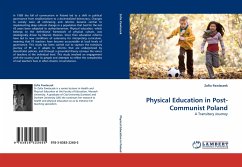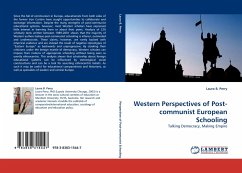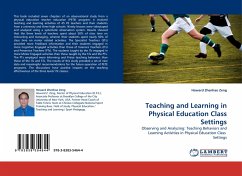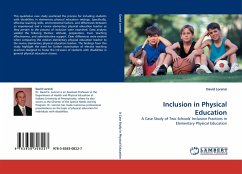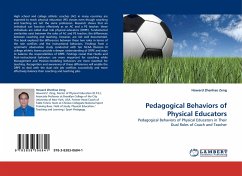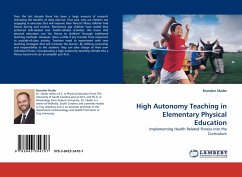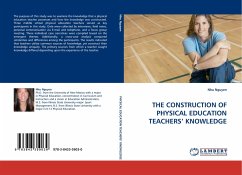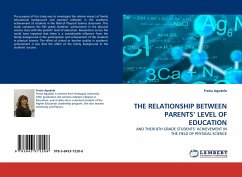In 1989 the fall of communism in Poland led to a shift in political governance from totalitarianism to a decentralized democracy. Changes to society were all embracing and reforms became central to implementing deep cultural change in a population that had for the last 43 years been subjected to authoritarianism. Physical education, which belongs to the definitional framework of physical culture, was ideologically driven by Marxist theories. Since then education reforms have led to new conditions of autonomy for interpreting curriculum, meaning that PE teachers have become accountable at local levels of governance. This study has been carried out to capture the transitory journey of PE as it adapts to reforms that are underpinned by decentralist policies, and through a grounded theory conveys the voices of teachers at the individual level. This study involved an engagement with the country and its people and attempts to reflect the complexities of real teachers' lives in often chaotic circumstances.
Bitte wählen Sie Ihr Anliegen aus.
Rechnungen
Retourenschein anfordern
Bestellstatus
Storno

